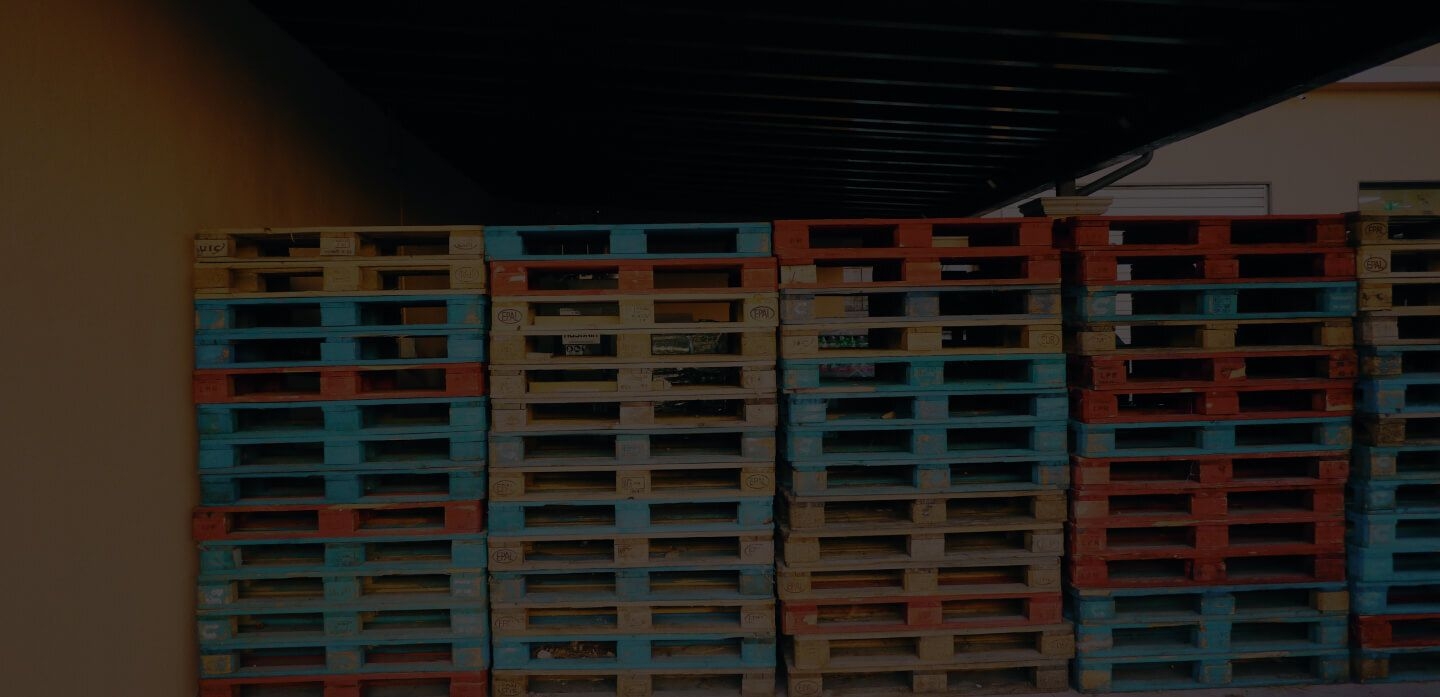
Waiver for shipping to West Africa



![]()
When shipping to West Africa and especially to countries such as Togo, Benin, Cameroon, the Ivory Coast, among others, note that apart from the usual documentation for maritime shipping (such as the invoice, packing list, certificate of origin and dispatch release), you must file an additional document called a waiver or cargo tracking note, also known as the Bordereau de Suivi Cargaison or BSC.
What is a waiver?
“The waiver is a document that displays the full details of the exporter, importer, how the shipping is done (container or groupage), the name of the ship, scale, the goods exported and the value of it and the cost of freight.”
The waiver must be transmitted before the ship arrives at the port of destination. That said, it needs to be dealt with before, either by the importer or exporter. Once the transmission is made, a number for the waiver is created, which needs to be included in the Bill of Lading, or B/L, so that your ocean freight goods won’t face problems at the destination port. Failure to do so may result in the detention of your shipment by the local customs office.
The waiver document will incur additional costs either to the importer or exporter. This will need to be negotiated between the two parties, preferably when international transport conditions such as the Incoterm is discussed. These costs vary depending on the country of destination, the type of shipment and the volume of the shipment. The sooner you have your shipment planned, the sooner you’ll have your waiver, which will allow for a smoother shipping process.
West African Countries that require a waiver
- Angola
- Benin
- Burkina Faso
- Cameroon
- Central African Republic
- Chad
- Congo
- DRC
- Gabon
- Guinea
- Ivory Coast
- Kenya
- Mali
- Niger
- Nigeria
- Senegal
- Sierra Leone
- Sudan
- Togo